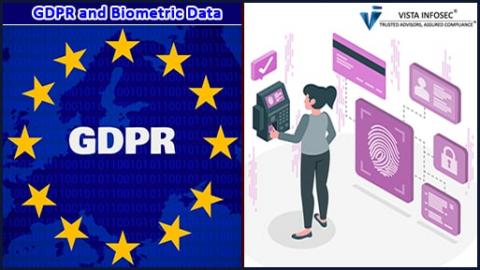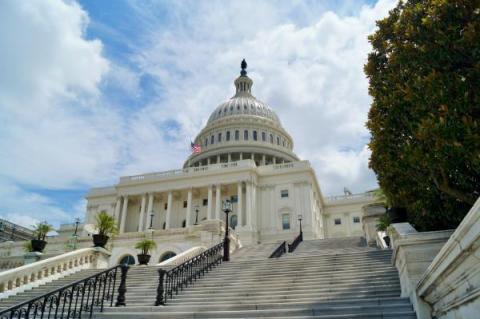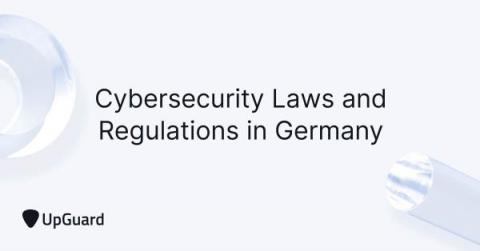Summary of South Africa's Protection of Personal Information Act (PoPIA)
South Africa's Protection of Personal Information Act (PoPIA), also known as the PoPI Act, is a comprehensive data protection legislation designed to safeguard the privacy and information of South African citizens. While Jacob Zuma assented to PoPIA in November 2013, the act took effect in July 2020. Parliament granted all South African entities a one-year grace period, expecting them to comply by June 30th, 2020.









